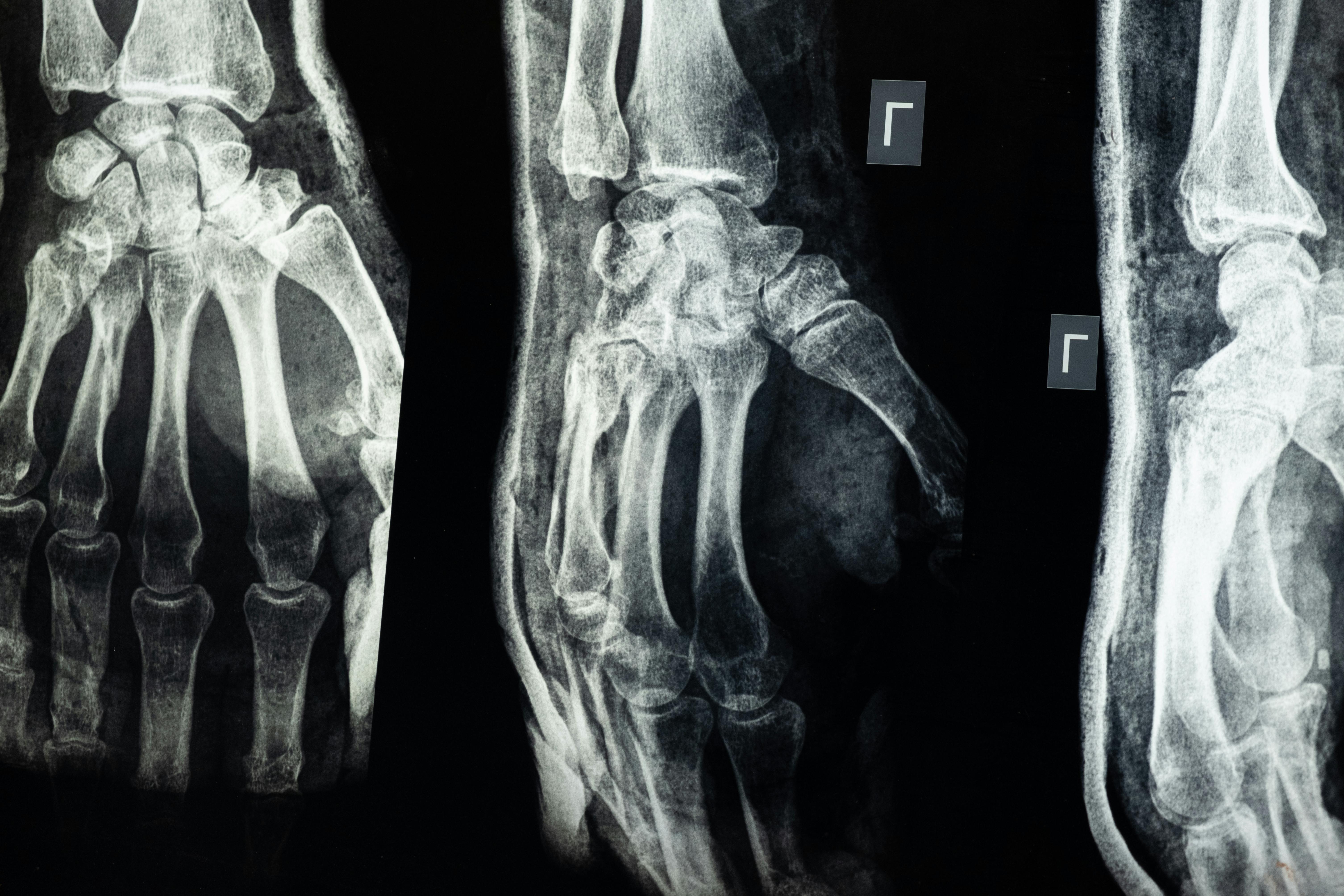Premenstrual syndrome (PMS) and diet – Kelp
As we mentioned in the previous article, PMS is defined as a defective function of the ovaries related to a woman’s menstrual cycle, affects a woman’s physical and emotional state, and sometimes interferes with daily activities as a result of hormonal fluctuation. The syndrome occurs one to two weeks before menstruation and then subsides when the period begins. In this article, we will discuss how kelp helps treat PMS.
I.Definition
Kelps are seaweed plants that belong to the Laminariales family and exist only on the clean water shoreline. It contains many nutrients and has been used as food for thousands of years by people living on the coast.
II. How Seaweed Affects Women With PMS
1.Vitamins
Kelp contains many vitamins, including vitamins A, B1, B2, B3, B12, C, E, and K, which are necessary for the body to have general health, as we mentioned in the previous article. Remember, for some reason, women with PMS have a higher vitamin deficiency.
2. iodine
a) Thyroid function
Iodine is vital to maintain the normal function of the thyroid gland. Iodine deficiency increases the risk of hyperthyroidism, resulting in a hormonal imbalance that causes fatigue, tiredness and depression and uncontrolled weight loss.
b) Immune system
In addition to boosting the immune system to protect our body against the formation of free radicals and prevent irregular cell growth, it also stimulates the immune response against infections and inflammations.
c) nervous system
It also helps to inhibit the estrogen response through upregulation of proteins involved in estrogen metabolism, thus maintaining correct estrogen and progesterone levels and decreasing the risk of PMS symptoms caused by hormonal imbalance.
3.Alkaili
Alkaili is important in helping our body neutralize acid levels because most of our diet today contains a large amount of acidogenic foods, such as meat and eggs, which cause acids to build up in the blood, leading to stress. nervous system such as fatigue, anorexia, insomnia, headache and uncontrolled joint pain.
4. Chlorella
In addition to helping to clean up the plague in the arterial wall and making the arterial wall more elastic, chlorella helps improve liver function in the metabolism of carbohydrates, fats and proteins, thus reducing the risk of hormonal imbalance and fluctuation of insulin for some women with premenstrual syndrome.
